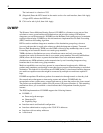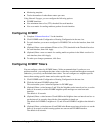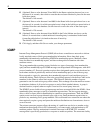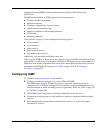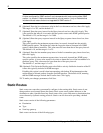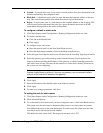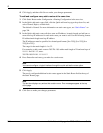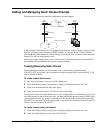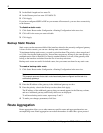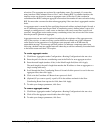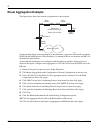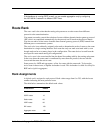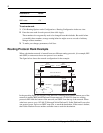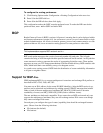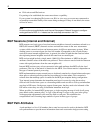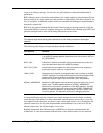
9
398 Nokia Network Voyager for IPSO 4.0 Reference Guide
3. In the Mask Length text box enter 24.
4. In the Gateway text box enter 192.168.26.70.
5. Click Apply.
If you have configured OSPF or RIP on your remote office network, you now have connectivity
to the Internet.
To disable a static route
1. Click Static Routes under Configuration > Routing Configuration in the tree view.
2. Click off for the route you want to disable
3. Click Apply.
Backup Static Routes
Static routes can become unavailable if the interface related to the currently configured gateway
is down. In this scenario, you can use a backup static route instead.
To implement backup static routes, you need to prioritize them. The priority values range from 1
to 8, with 1 having the highest priority. If more than one gateway belongs to the same priority, a
multipath static route is installed. If a directly attached interface is down, all the gateways that
belong to the interface are deleted from the list of next-hop selections.
Backup static routes are useful for default routes, but you cannot use them for any static route.
To create a backup static route
1. Click Static Routes under Configuration > Routing Configuration in the tree view.
Note
This example assumes that a static route has already been configured and the task is to
add backup gateways.
2. Enter the IP address of the gateway in the Additional gateway text box.
3. Enter the priority value in the Priority text box; then click Apply.
The IP address of the additional gateway that you entered appears in the Gateway column,
and new Additional gateway and Priority edit boxes are displayed.
To add more backup static routes, repeat steps 2 and 3.
4. To make your changes permanent, click Save.
Route Aggregation
Route aggregation allows you to take numerous specific routes and aggregate them into one
encompassing route. Route aggregation can reduce the number of routes that a given protocol



